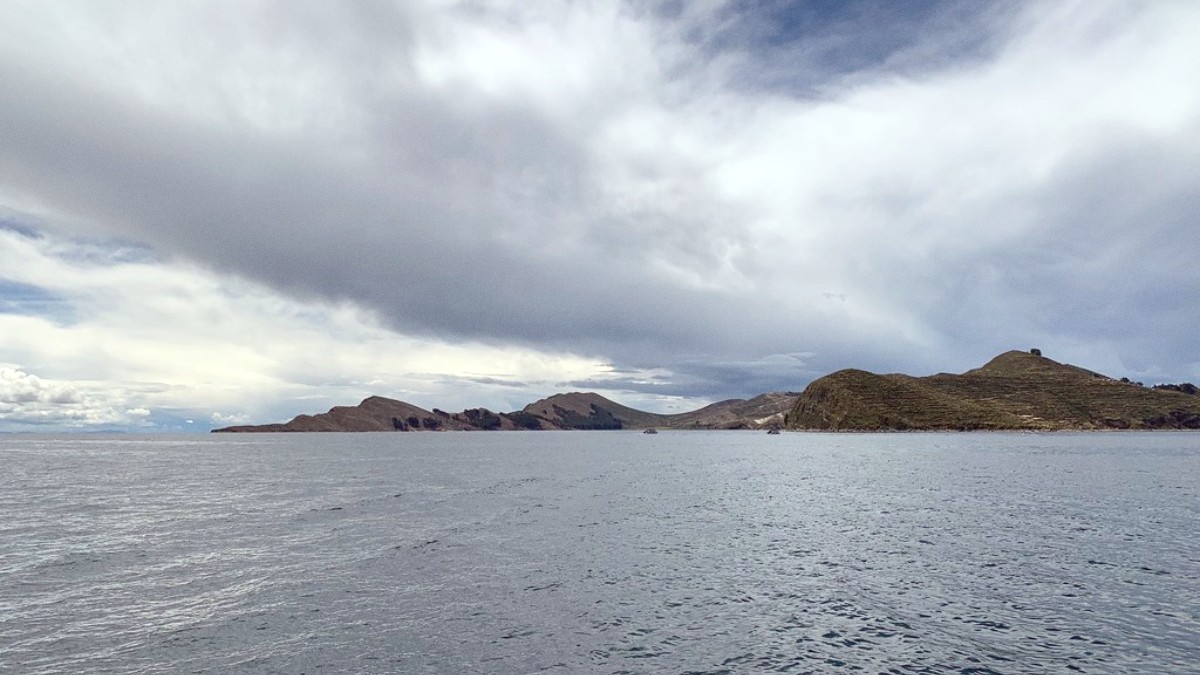
Bolivia
Lake Titicaca embodies an important ecosystem, recognized for its unique biodiversity and cultural significance. Local communities on the island show increasing awareness of environmental impact.
Waste management systems on Isla del Sol remain very limited. No large-scale recycling facilities are available. All waste generated on the island should ideally be carried out by visitors.
Water resources on the island hold finite limits, mainly dependent on natural springs and collected rainwater. Mind your water usage during your stay.
Interacting respectfully with the local Aymara communities embodies a paramount aspect of responsible travel on Isla del Sol.
Local Aymara communities actively work to preserve their rich heritage, language, and traditional way of life.
Making an effort to learn basic Spanish or Aymara greetings and phrases shows a gesture of respect and gains appreciation.
Always prioritize asking for permission before photographing people. Understand that people do not serve as tourist attractions.
Approach all sacred sites, including the ancient ruins and the Sacred Rock, with reverence.
Some guesthouses on the island market themselves as "eco-lodges" or "eco-hostals." Inquire about their practices regarding waste disposal, water usage, and energy sources.
Book Eco-Accommodation on EcobnbLook for tour operators in La Paz or Copacabana that emphasize sustainable and community-based tourism, demonstrating a commitment to minimizing environmental impact and supporting local conservation efforts.
Shop Sustainable Gear at PatagoniaPack out everything you pack in, including all your trash. This preserves the island’s natural beauty for future visitors and its communities. Avoid buying single-use plastic bottles on the island if possible.
Your spending choices directly affect the economic well-being of the local communities on Isla del Sol.
Tourism on Isla del Sol presents a prime example of community-based tourism.
When buying souvenirs, consider opportunities to purchase directly from the artisans themselves or from small, locally owned shops on the island.
Choose to stay in family-run guesthouses (Hospedajes), eat at local, family-owned restaurants, and hire local guides.
Be vigilant and avoid engaging in any activities that exploit people or animals.
Consider ways to mitigate your environmental impact, especially from transportation and daily consumables.
Purchase carbon offsets for your international and domestic flights through services like Terrapass.
Minimize waste by using reusable items. Find a range of options at the Package Free Shop.
Support organizations dedicated to environmental conservation. The Rainforest Site (GreaterGood) contributes to global conservation efforts.
Engage with local people. A friendly conversation, even with limited shared language, brings a rewarding cultural exchange and fosters mutual respect between visitors and residents.